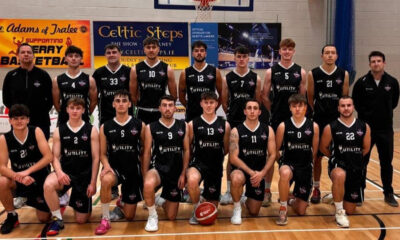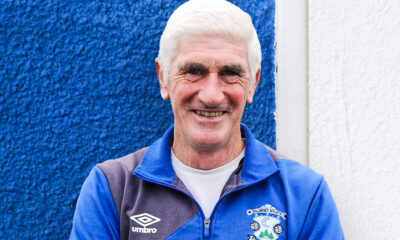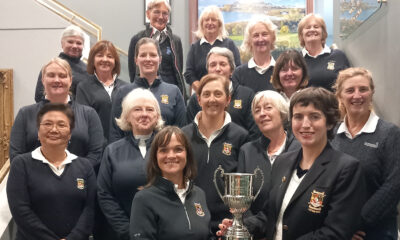News
KNOW YOUR RIGHTS: Employing Young People

This summer a lot of young people will be taking up summer jobs for the first time, particularly in the hospitality and retail sectors.
This can lead to parents or the young people themselves having a range of questions in relation to their employment rights and entitlements.
The working hours for young people are regulated by the Protection of Young Persons (Employment) Act 1996. The Act sets maximum working hours, rest intervals and prohibits the employment of young people aged under 18 in late night work. The Act does not apply to children or young people who are employed by a close relative.
Speaking about the employment of young people, Anne O’Donovan, West Cork Citizens Information Manager, said that some young people may be starting work for the first time and while it can be exciting, it can also be a daunting prospect if they are unsure of their rights and entitlements. She added that sometimes employers are unclear about their responsibilities in relation to employing young people also.
It is important that people are aware that staff at the local Citizens Information Service are there to provide support and to answer any questions that may arise for either employers, young people or their parents.
The following are some common queries:
Q. My daughter wants to take on a summer job. As she is only 14-years-old, I would like to know if there are limits to the number of hours that she can work?
A. Children aged 14 or over may do light work during the school holidays where the hours do not exceed seven in any day or 35 in any week. Children aged 15 may do eight hours a week light work in school term time. The maximum working week for children aged 15 outside school term time is 35 hours, or up to 40 hours if they are on approved work experience.
Q. Is the situation different for my son who is aged 16?
A. The maximum working week for young people aged 16 and 17 is 40 hours, with a maximum of eight hours a day. If a young person under 18 works for more than one employer, the combined daily or weekly hours of work cannot exceed the maximum number of hours allowed. Young persons are only permitted to work between 6am and 10pm.
Q. Can young people be asked to work late in the evening?
A. In general, young people aged 16 and 17 are not allowed to work before 6am in the morning or after 10pm at night. Employers may not require children aged 14 and 15 to work before 8am in the morning or after 8pm at night.
Q. Do parents have to give their permission for their child to take up a summer job?
A. If the young person is under 16, the employer must get the written permission of the child's parent or guardian. In general, employers must see a copy of the young person's birth certificate, or other evidence of their age, before employing them.
Q. What rates of pay are there for young people?
A. Since January 1, 2021, the national minimum wage is €10.20 per hour. This does not mean that everyone is automatically entitled to receive this. Young people aged under 18 are only guaranteed up to 70% of the national minimum wage, which is €7.14 per hour. Your employer can pay you more than the minimum wage if they want, but you should be aware that they are not required to do so by law.
Q. How do I avoid paying emergency tax?
A. When you start your first job, you should tell Revenue as soon as possible, or you may have to pay emergency tax. They will send a Revenue payroll notification (RPN) to your new employer. The RPN will tell your employer how much Income Tax and Universal Social Charge (USC) to deduct from your pay.
Q. What is the situation in relation to tips?
A. If you are working in a workplace where staff are given tips and gratuities by customers (such as a restaurant, bar, etc.) there is nothing in law to state you are automatically entitled to these tips. However, the law does not require you to hand these tips to your employer either. Instead, it all depends on the custom and practice in your workplace. If all tips are collected by management and paid to staff through the payroll, then these tips are subject to tax in the normal way.
If you need further information about any of the issues raised here or you have other questions about your employment rights, you can call a member of the local Citizens Information Service in Tralee on 0761 07 7860, Monday – Friday (10am-4pm). The Citizens Information Phone Service: Call 0761 07 4000, Monday to Friday, 9am – 8pm. For our national call back service visit citizensinformation.ie/callback to request a phone call from an information officer.
News
Rise in deer culled in National Park amid road safety concerns
News
Annual New Year pool tournament tops €35k for charity
The final of the Denis Michael Dennehy Memorial Pool Tournament took place in the Corner Bar, Barraduff, on New Year’s Day, bringing another successful Christmas fundraiser to a close. The […]























